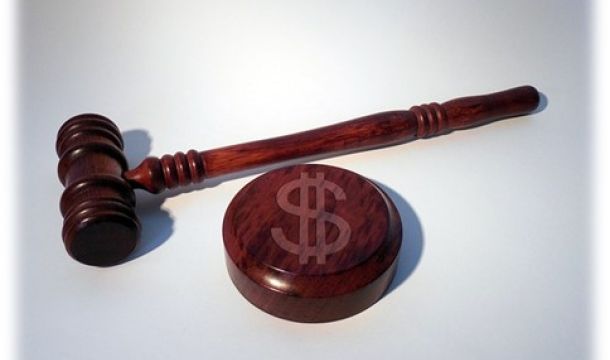Supreme Court Addresses How Agencies Interpret Their Own Regulations
Many businesses have complained about federal agencies having too much power to interpret the laws they enforce. For example, rather than amending the law or following the process to issue a new or revised regulation, agencies often issue fact sheets, operations handbooks, court briefs, and other statements and they ask the courts to follow the agencies' interpretations. In a case called Auer v. Robbins in 1997, the Supreme Court had ruled that lower courts must defer to federal agencies' interpretations of their own rules. The 1997 ruling was written by Justice Scalia, a staunch conservative, who later came to consider his opinion a mistake. Since then, many thought that the Auer precedent would be overturned, but surprisingly it has survived, although in a weakened state, in a decision made by the U.S. Supreme Court in June 2019 in Kisor v. Wilkie.
The majority 5-4 opinion indicates that an Auer deference should apply only when a regulation is "genuinely ambiguous," when an agency's interpretation is reasonable and when its approach stems from its "substantive expertise" and "fair and considerate judgment." The Court says that deference is "rarely" warranted when an agency has changed its interpretation.
The ruling will affect federal labor and employment agencies including the Labor Department, OSHA and the EEOC. Their regulations are commonly involved in cases where their interpretations of regulations are major issues. The bottom line is that the courts will be less willing in the future to defer to an agency's interpretations of its own regulations, and instead more inclined to interpret the regulation itself.
It should be noted that there is another type of deference, cited in the famous case of Chevron v. Natural Resources Defense Council in 1984, in which courts are supposed to defer to an agency's interpretation of a statute which is ambiguous. Chief Justice Roberts, who concurred with the more liberal members in Kisor, remarked that he does not see the Kisor decision as relating to the Chevron deference given to a statute, as opposed to an agency's interpretation of a regulation.
Related Content
Get Email Updates
Recent Content

TPS Update (as of 2/6/2026)

Job Interviews Can Be a Good Selection Device

Suggestions on How to Diffuse a Tense Situation

Employers Blame Unions for Recent Shutdowns

$27 Million Verdict against Employer on Disability Discrimination over Refusal to Return Employee to Work



